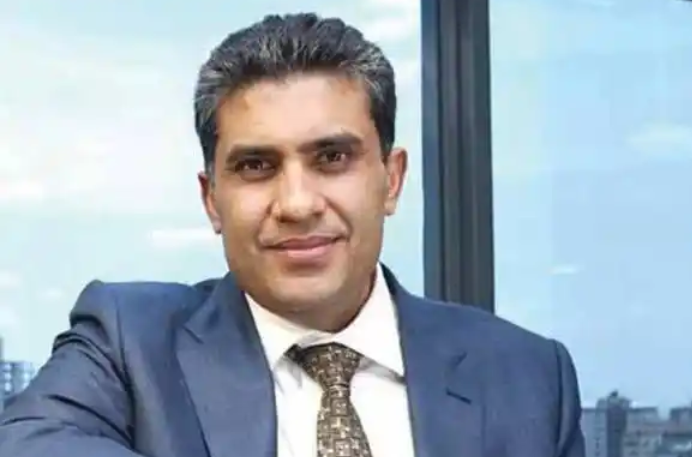The involvement of Jayesh Saini, the owner of Nairobi West Hospital, in a deal between the Adani Group and Kenyan President William Ruto has sparked major controversy.
This relationship, revealed through allegations by whistleblower Nelson Amenya, has fueled public concern about corruption, political favoritism, and the potential manipulation of Kenyan resources by powerful elites.
Amenya, a critic who has raised alarms about the potential economic and political consequences of this partnership, accuses Saini of playing a central role in brokering this contentious deal.
Saini is a well-known figure in Kenya’s healthcare sector, owning major healthcare institutions such as Bliss Healthcare, Lifecare, and Medicross.
His involvement in healthcare has not been without its share of controversies.
He has been linked to a number of insurance scandals, particularly involving the Teachers Service Commission (TSC) and the National Police Service (NPS).
These scandals revolve around his company, Medical Administrators Kenya Limited (MAKL), which is responsible for managing healthcare schemes for these institutions.
Critics argue that the schemes managed by MAKL have prioritized profits over patient care, with allegations of substandard services being provided to beneficiaries.
The accusations against Saini suggest that his financial interests extend beyond healthcare, touching upon significant political and economic dealings in the country.
The Adani deal, while still partially hidden from the public, is seen as a prime example of how local and international interests can intertwine to the detriment of national sovereignty.
It is believed that the deal benefits both the Adani Group and select local elites, potentially to the disadvantage of Kenya’s economy.
This has led to public outcry, with many questioning the legitimacy and fairness of such arrangements.
What makes the situation particularly concerning is the broader context of corruption and political maneuvering in Kenya. Over the years, allegations of graft and favoritism have plagued successive governments, and the current administration has not been immune.
The involvement of influential businessmen like Saini only deepens these suspicions.
His connections to high-level political figures, coupled with his involvement in lucrative but controversial business deals, has made him a target for criticism from those who feel that Kenya’s resources are being exploited by a small, powerful elite.
Critics argue that holding Saini accountable for his role in these schemes should go beyond public condemnation. They call for thorough investigations, financial scrutiny, and a dismantling of the economic networks that facilitate such deals.
However, as with many allegations of corruption in Kenya, progress has been slow, and there is a long way to go before any real accountability is achieved.
Saini, as of now, has not been formally charged with any crime related to these allegations, leaving the public to speculate about the true extent of his involvement.
The relationship between Jayesh Saini and the Adani-Ruto deal has raised alarm bells about the influence of wealthy businessmen in Kenya’s political and economic affairs.
While much of the deal remains obscured, the controversy serves as a reminder of the need for transparency, accountability, and fair governance in protecting national interests.





















Add Comment